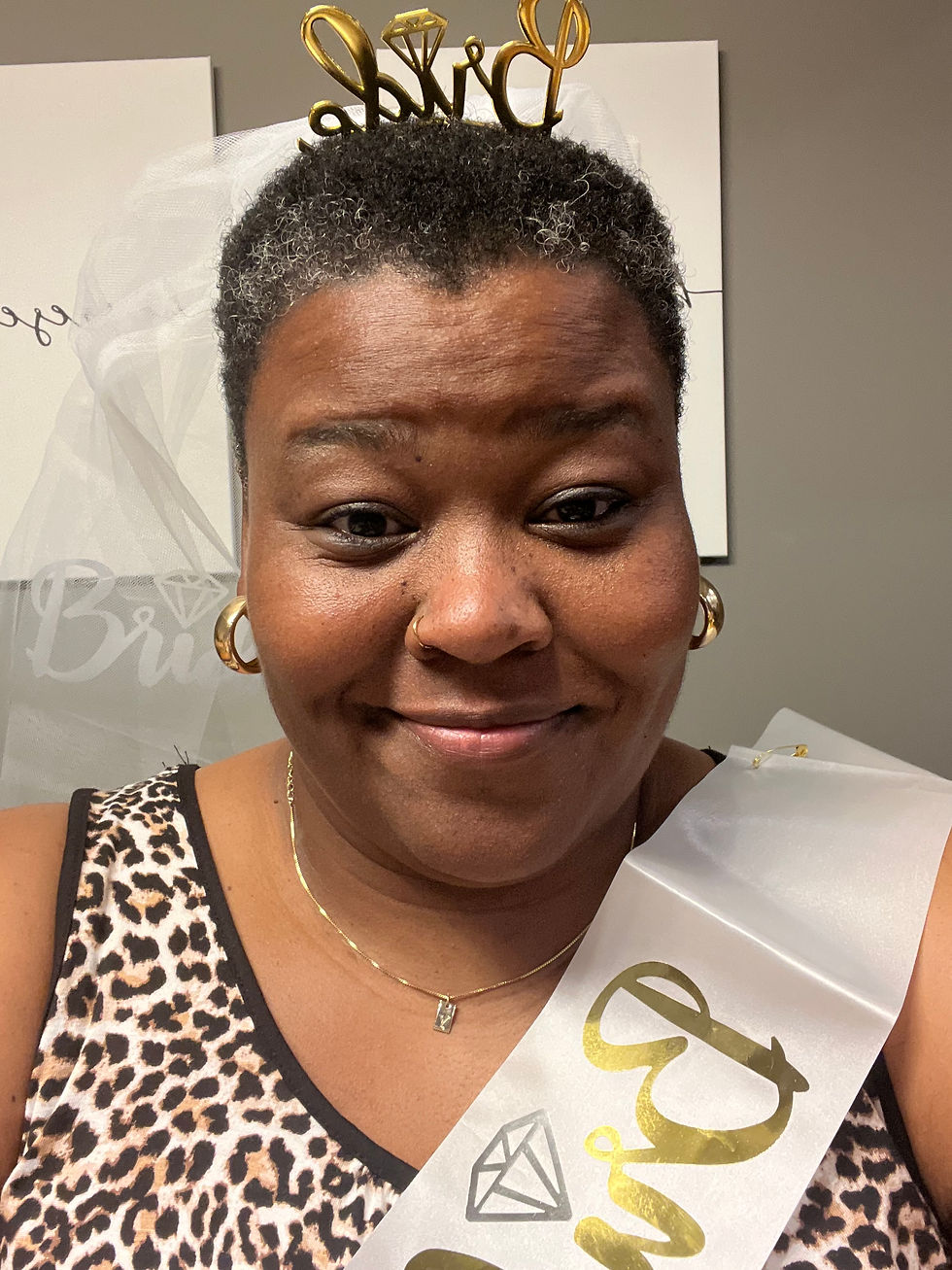10 Reasons to Start or Improve Small Group Ministry
- Charity Goodwin

- Mar 14, 2023
- 4 min read
Small groups help close the back door of the church.
If a person genuinely connects to other people, they are more likely to stay at a church and engage in a Christ-centered life. I’ve even seen people stay connected to their group and not church because in part, the connection was so strong.
By the way, I asked the Pastors Doing a New Thing Facebook Group what they wanted workshops on and small groups were #1. So save the date for Friday, April 28 at 11 am CDT. In preparation for the workshop, I’d love to know from you as well what you’d like to know more about when it comes to small groups. Email me here with your thoughts.
Groups have been part of my faith from kids Sunday school to a college group of Christian journalists who met for Bible study to even now as I’m joining a new group after Easter.
From the familial tribes in the Old Testament to the gatherings in homes referred to in Acts 2, groups have been a theme in scripture and the way the people of God exist - in community.
So why groups? #1 and #2 are foundational. Following with #3-#10 the benefits of groups, when done well. Please note that I know there are unhealthy groups as well. I’ll address those in later posts.
1. Groups emulate the relational community of God or the trinity. The essence of God, Jesus, and the Holy Spirit is relational and communal. In groups the simple act of coming together and holding space for others is one way we become more like God. This is the goal of being and becoming a disciple or follower of Jesus.
2. Groups are scriptural. We often cite Acts 2:42 but even scriptures like “a three strand cord is not easily broken” (Ecclesiastes 4:12) speak to the strength of more than or two, simply put, community.
3. In groups we question, grow and learn about God, self, and others. At The Gathering, where I serve as the Pastor of Spiritual Formation & Groups we often say groups are the place where you can ask life’s big questions. We also say that life’s not meant to be lived alone and in community others can speak into our lives. We’re not meant to journey alone.
4. Groups make it easy to try new or next steps of faith. There is a kind of positive peer pressure to do something together for the first time or to stretch oneself to a new level. With group support and knowing others are doing the same, it’s easier to say yes and I believe people are more likely to follow through.
5. Groups are sources of care. As people grow through life’s transitions, groups provide care, compassion, and celebration. The one another's from Romans 12:10-16 are ideally lived out in groups. From meal trains to passing down baby clothes to cleaning another’s house or showing up for a party or milestone, members of groups are there for one another. The larger the congregation the more important groups become in offering care.
6. Groups provide built-in accountability. By accountability I don’t mean a critical, judgmental check in. Rather an invitation to share honestly how one is doing with self-selected next steps. When done well, groups can even coach one another with well placed questions to help one another achieve a goal or faith practice.
7. Broader perspectives and bigger God. Learning from others’ experience of faith gives us new perspectives and lenses with which to see God, Jesus, The Holy Spirit, faith, ourselves, others and the world. In these conversations, who we know God to be can be expanded.
8. Training ground for leaders. Identifying and training leaders is a benefit of groups. We learn who are leaders and upcoming leaders in the congregation.
9. In some churches where there is a leadership pipeline- coaches , directors, and even new pastors are identified through groups. A church of groups or a church with groups? This question pushed me to advocate for streamlining our ministry in a previous congregation. The nuance is that you can be a church with groups among other “programs” or you can be a church whose ministry is inviting everyone to be in a group. This focus allows you have a simple and focused next step > join a group. And from within that group you will practice serving, praying, reading scripture, and generosity. This is a simple church model where the focus is on people not programs.
Action Brings Clarity
What’s your experience as a participant in a small group?
What reason or benefit of groups did I miss? Why is that one important to you or your ministry?
When you talk about groups, what part do you tend to highlight? What do you omit?
I’ve been known to say that unless a group reads scripture and prayers, it can be confused with a myriad of other groups like a book club, Greek organization, scouting, etc… say amen or check me.
© Charity Goodwin, 2023.





Comments